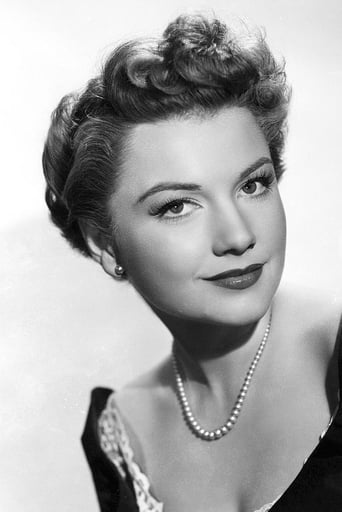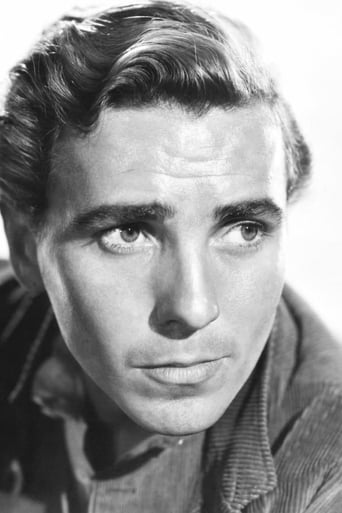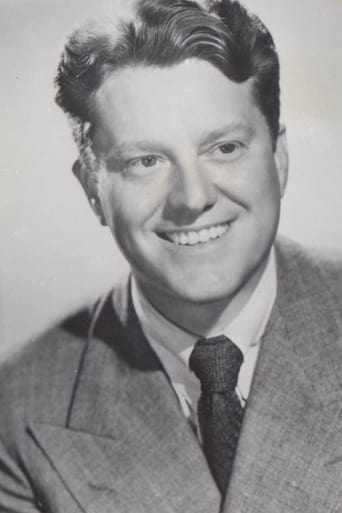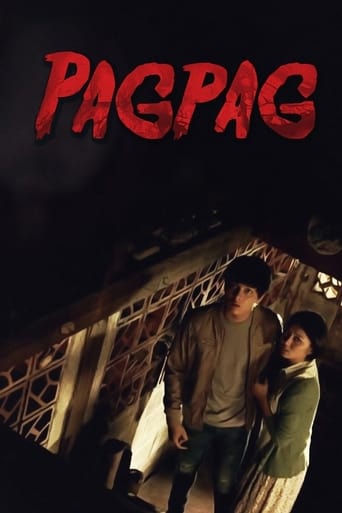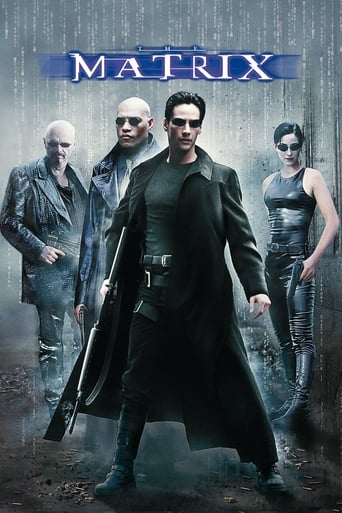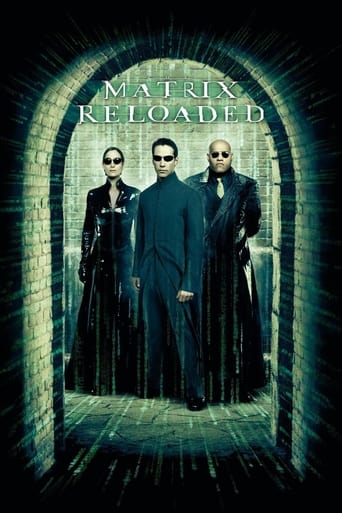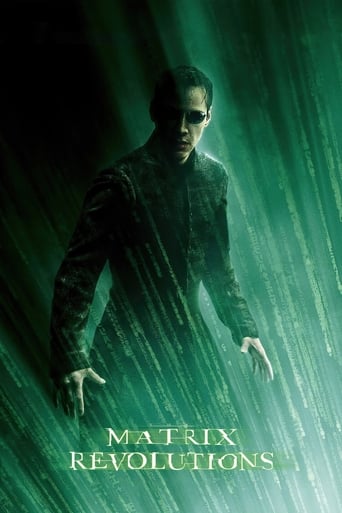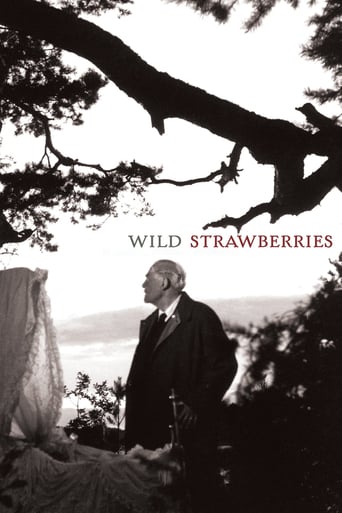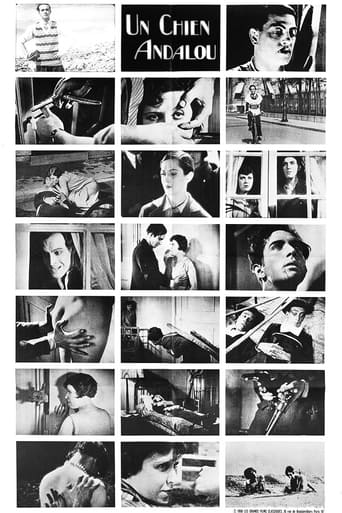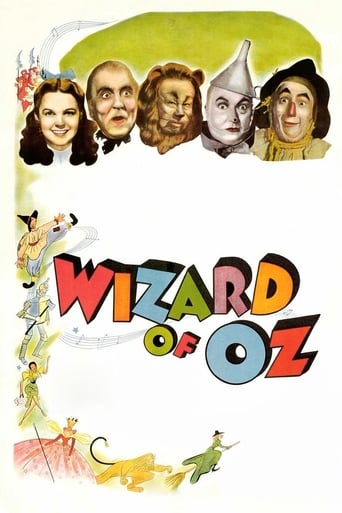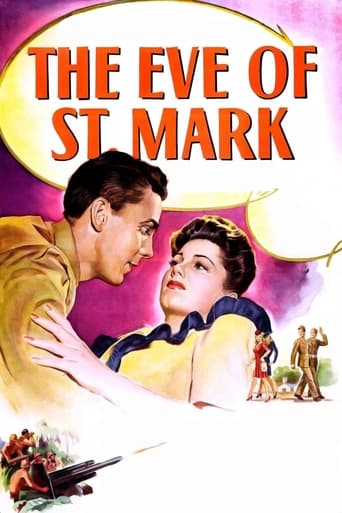
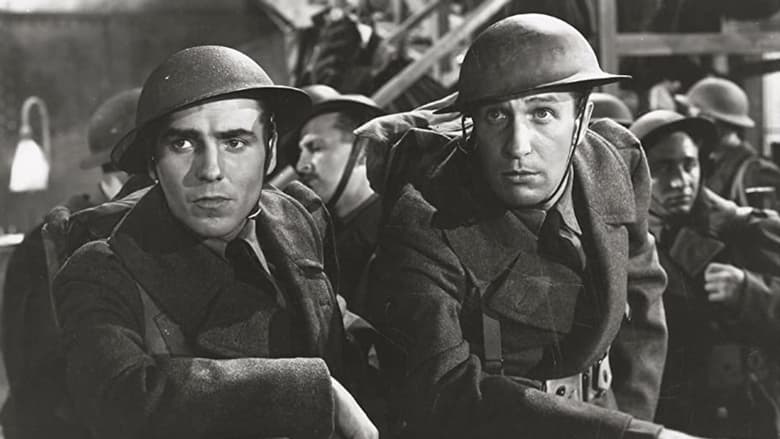
The Eve of St. Mark (1944)
Quizz West is conscripted into the United States Army in late 1940. Prior to being shipped out first to San Francisco, then the Philippines, Quizz and his hometown girlfriend Janet discuss their future plans.
Watch Trailer
Cast
Similar titles
Reviews
The Age of Commercialism
This story has more twists and turns than a second-rate soap opera.
Story: It's very simple but honestly that is fine.
There are moments in this movie where the great movie it could've been peek out... They're fleeting, here, but they're worth savoring, and they happen often enough to make it worth your while.
A good war drama adapted by George Seaton from a literate Maxwell Anderson play is given the typical Fox polish and an experienced director to counter a cast peppered with new young talent (notably Anne Baxter, William Eythe, Michael O'Shea, Henry Morgan and Vincent Price).Of course, the film was intended as a morale-booster but, thankfully, the propaganda element (usually abetted by racist jibes) is kept at bay here; on the contrary, it strives to depict the characters as normal human beings who are thrust into extraordinary and often painful situations. Still, the expected doses of comedy (supplied by O'Shea) and romance (not only does country-boy Eythe become engaged to neighbor Baxter, but the whole gang gets to entertain a couple of lonely bar-room girls once in uniform) are present and accounted for; incidentally, it is odd seeing Price (looking quite youthful and serving as the butt of his buddies' jokes for his cerebral superiority being offset by perennial pennilessness!) amid this environment.The last act involves the war action proper, and even this is largely taken up by two of the men (Price included)'s bouts with malaria; the finale, then, sees the squad who had been cornered in a cave effect a fortuitous escape by sea (apparently, the ending of the original play was more downbeat) followed by the voluntary conscription of Eythe's younger brother. By the way, the title is a reference to an obscure Catholic feast where, it is said, that one can see the figures of those about to die upon entering a church(!) – hence making for an ideal wartime metaphor.
"War in perpetuity is neo-liberalism gasping for survival. It is a gasping that necessitates paying for such folly forever." - Jozef Hand-Boniakowski"The Eve of St Mark" is a 1944 war film directed by John M. Stahl. Stahl removes the bleakness of Maxwell Anderson's Broadway play, upon which the film was based, and instead ops for some low key flag waving. When he's not drooling over various trinkets of Americana – squeaky clean, fresh faced American boys, farm folk who support war with a heavy heart, mothers nobly offering their sons to the state, big breasted lovers at home waiting for their hunks to return, cosy farm houses and bible belt corn fields, sexy foreign chicks who are thankful to brave American GI's – the film treats us to long speeches which covertly nail home the virtues and necessities of war, whilst bemoaning how unfair it is for a poor and victimised Uncle Sam to have been attacked at Pearl Harbour by evil slant eyed Japanese."Why are we fighting foreigners here in 1944 when we have no food on our tables at home for ourselves and our families?" one character asks. "So American boys in 1954 will have food on their tables," another replies. And that's what the film endorses; the manufacturing of war in the search for surplus value, bloodshed as a necessary component of fiscal growth.The film is notable for staring Vincent Price in a rare "good guy" role. It's quite odd seeing such an iconic face, one oft associated with scifi and horror, in a war movie. Today "The Eve of St Mark's" brain-dead jingoism and gore glorification can be found in such films as "Black Hawk Down", "We Were Soldiers", "Saving Private Ryan", "300", "Zulu" etc. The tech's changed, but the story's the same.6/10 – For war buffs only.
The stage play origins of this badly-dated wartime propaganda film are plain to see - or hear. People talk endlessly, and for the main part the aim seems to be to show just how ordinary their characters are. That's all very laudable, but it doesn't exactly make for riveting cinema.William Eythe, one of Hollywood's blandest leading men - whose faltering career would drive him to alcoholic despair and an early grave - fails to grab our attention or empathy as a farm boy who finds himself battling with the Japs on some Philippine island. Although he's listed as the leading man, the status is nominal, and he finds himself struggling to stand out amongst an ensemble cast that includes the likes of Harry Morgan and Vincent Price. Morgan is the voice of doubt in the unit, who looks to the past when forming an opinion instead of acting for the future of the next generation; Price is an impoverished Southern aristocrat type, given to quoting Shakespeare at the drop of a hat; it's an eye-catching performance, although not, perhaps, for the right reasons. His southern accent is so weak it barely manages to crawl from his mouth before tripping from his lips with a dull thud.The story plays second fiddle to the morale-boosting philosophising of its characters, and too much talk means the pace drags badly. In the final reel, the propaganda is ladled on like a thick creamy soup with characters speaking lines that must have had the audience squirming even back then. Essentially, the final message is a call to the parents of the nation to pass the baton to the next generation and allow all their fuzzy-cheeked boys to place themselves in the firing line.
I doubt if Mr H.Morgan ever gave a poor performance throughout his long career - unfortunately the same cannot be said about Mr V.Price who veers wildly from ham to camp and back again in "The eve of St Mark" a 1944 propaganda picture designed to reassure moms,dads,sisters and wives that sending their menfolk off to war was a Good Thing. The ill - fated Mr W.Eythe is nominally the lead but Messrs Morgan and Price carry the main weight and are the polar opposite reasons that make the movie worth watching in a bizarrely fascinating sort of way. It may have satisfied American moviegoers at the time when the Invasion of Europe was on everybody's lips and the task of licking the Japs was dragging on a bit,but it's heart on sleeve appeal for patriotism and sacrifice fails to win many admirers in today's more cynical audience whose trust in Government and politicians has been sorely tried for many years. The usual cross section of white 1940s American Society -Country Boy,Tough Yank,Irish Rebel,Southern Aristo etc etc - end up on a Pacific Island debating whether to fight or run having failed to turn the tide against the Jap hordes who are now bombing the crxp out of them. Together with a "Doc" and a "Sarge",these boys are willing to go to hell and back for Uncle Sam by golly.But don't count on the "..and back" part. The folks back home,in touch by letter,decide in the end to allow their minor son to join the Air Force with their blessing,grinning bravely and getting down to the business of running their farm to keep America fighting. Mr Price manages to keep a straight face if not a Southern Accent as he mangles Shakespeare.Mr Morgan,rather more pragmatic, expresses doubts as to whether things will ever be different for the working man - you've got that about right Harry. In the end the boys decide to fight on(phew!). In the meantime the real G.I.s waiting in their bases in England to die in their thousands liberating a Europe that only too soon would be endeavouring to minimise their sacrifice for reasons of nationalistic realpolitik,and holed up in Japanese held islands in a disease - ridden nightmare would have laughed "The eve of St Mark" off the screen. No high - falutin' speeches required,no bristle - jawed cynicism,just the desire to get on with the job and go home.Maybe to mom and dad's farm,maybe to the factory floor or the faded grandeur of the Old South. And the overwhelming urge to kick Mr V.Price's precious arse.
